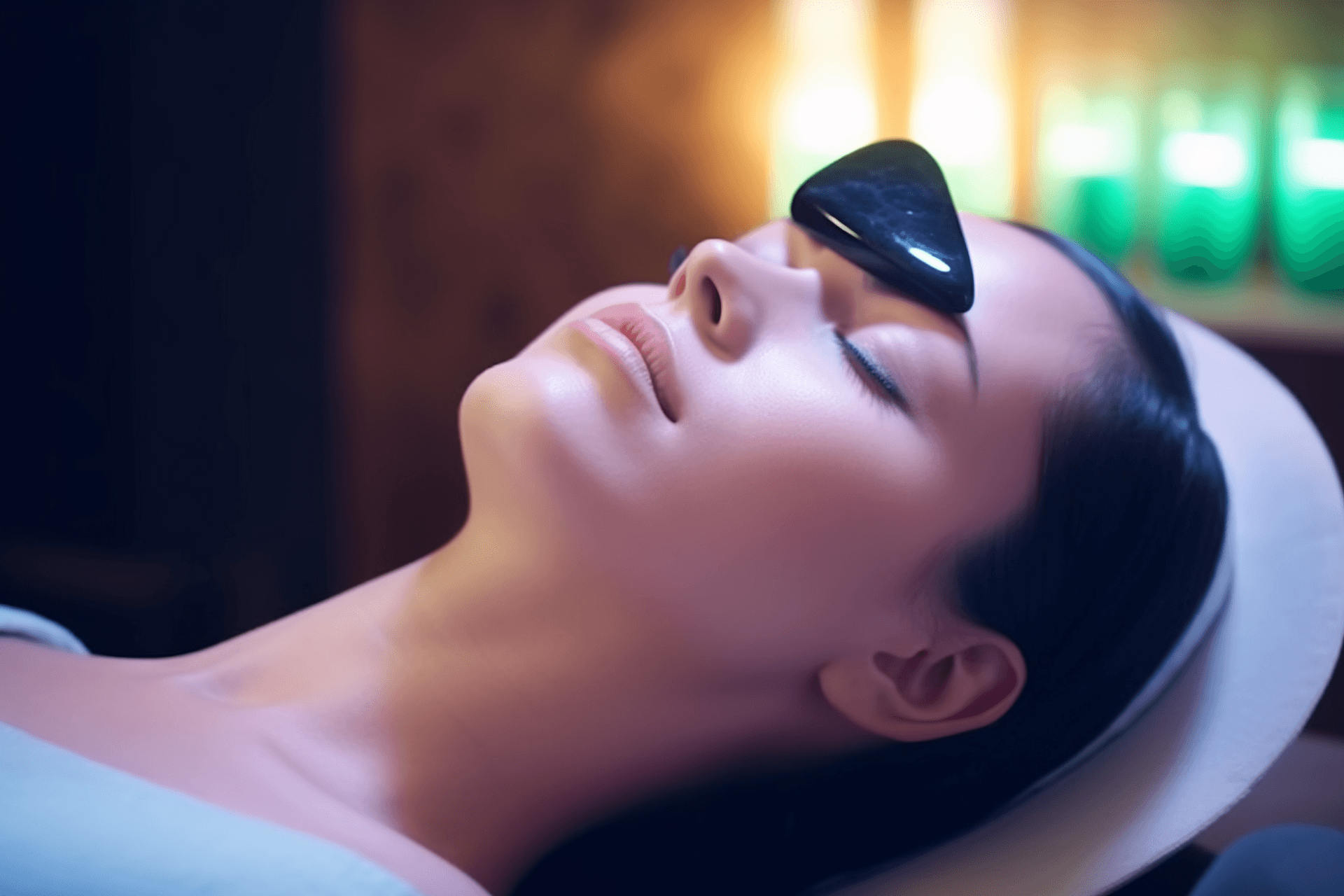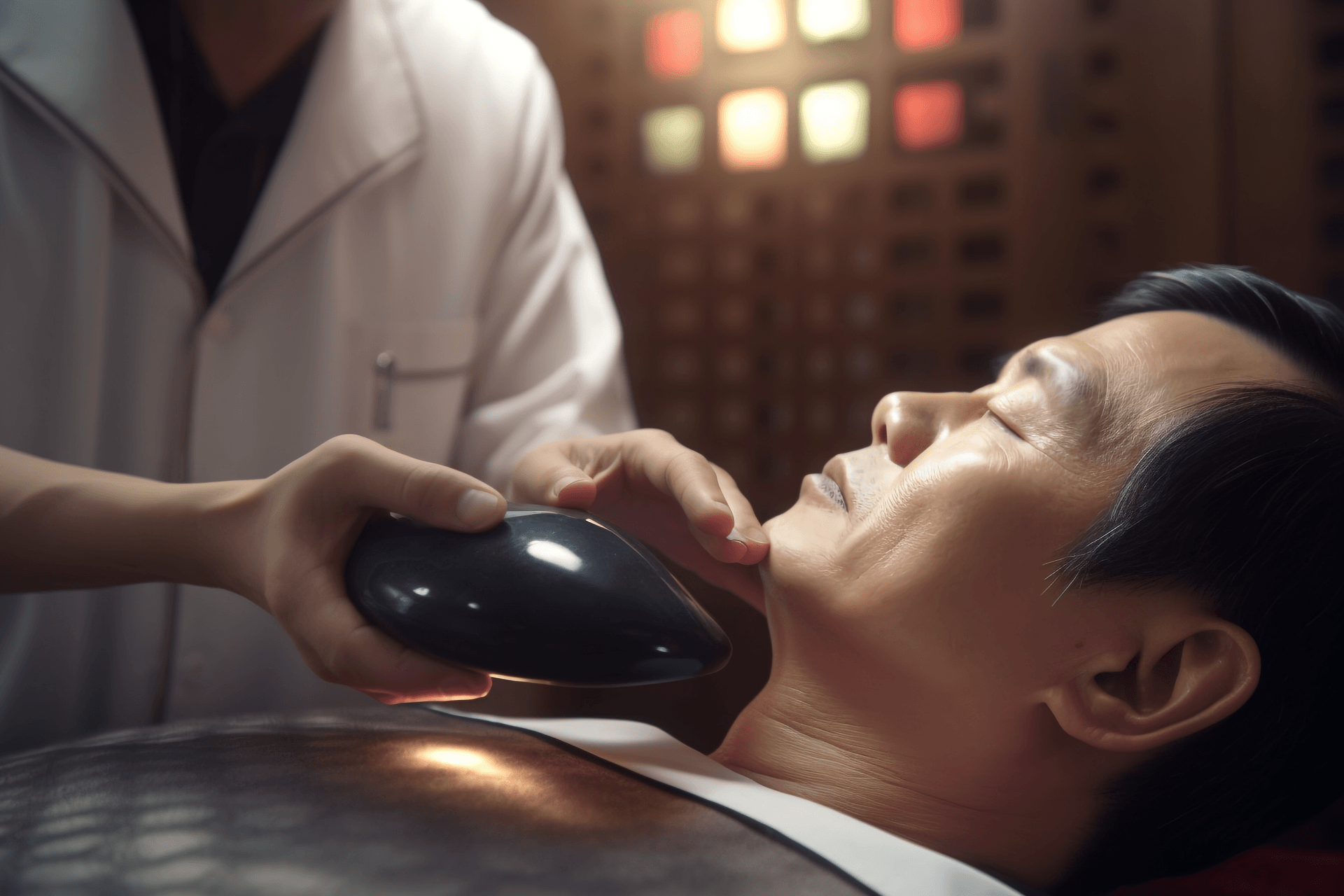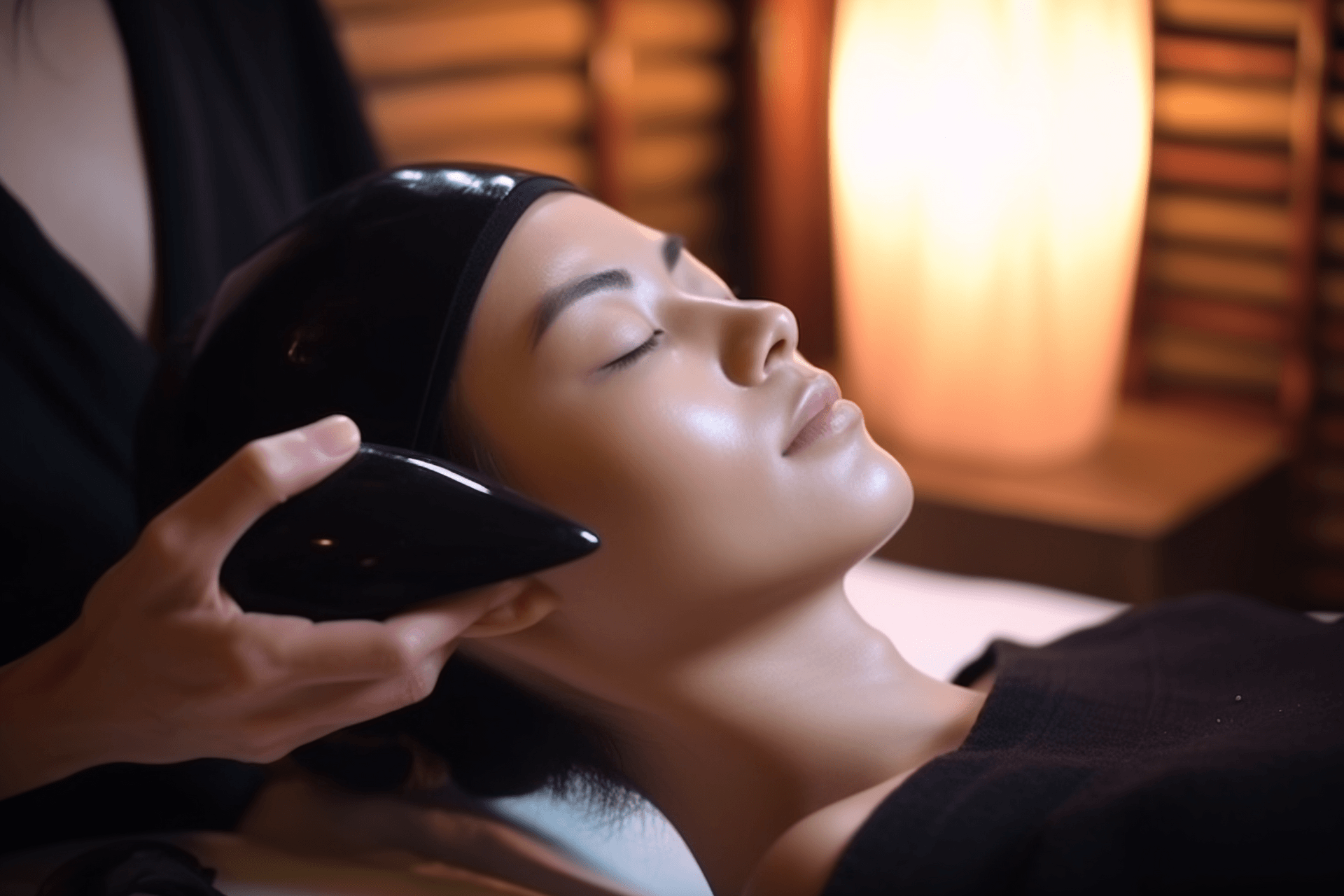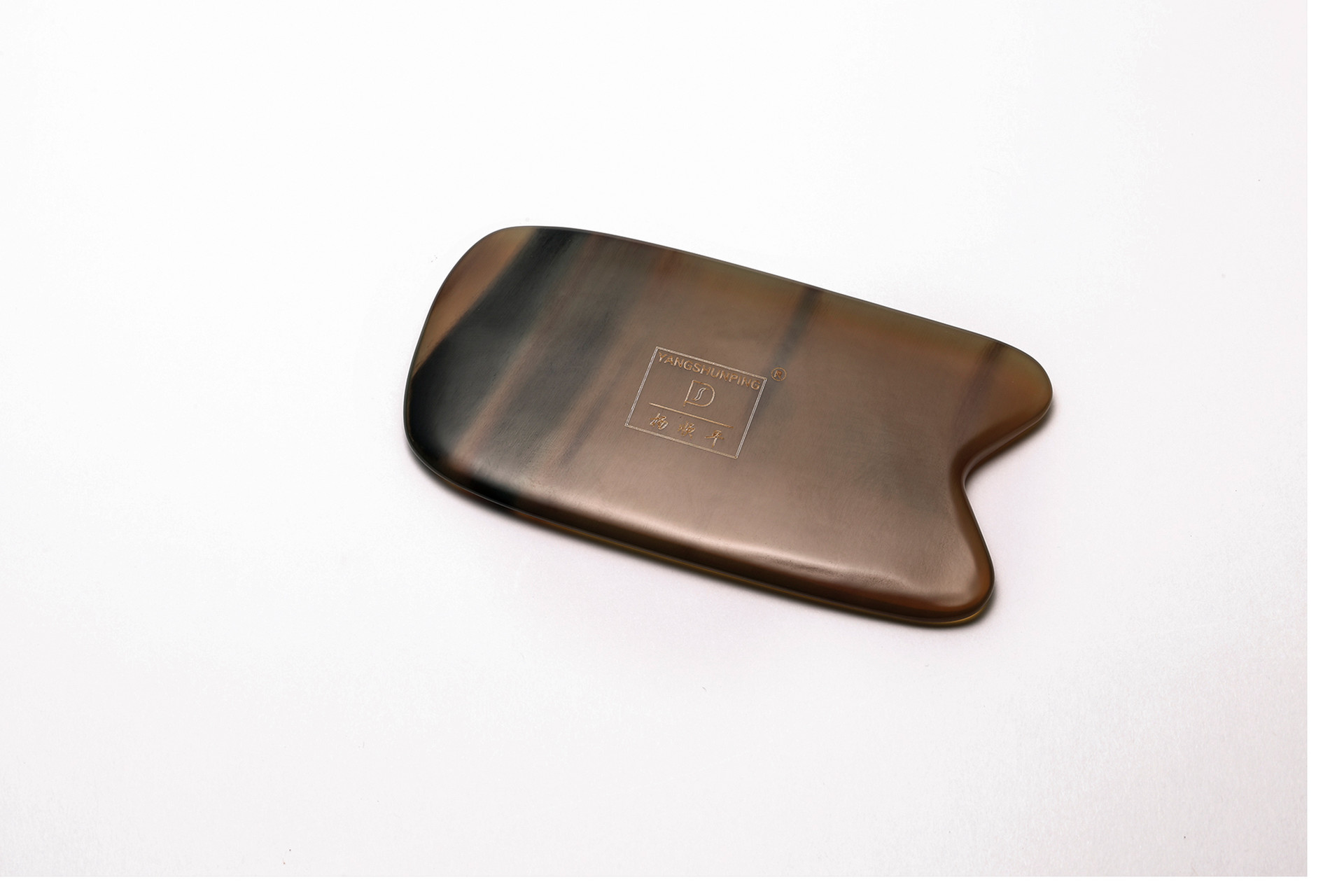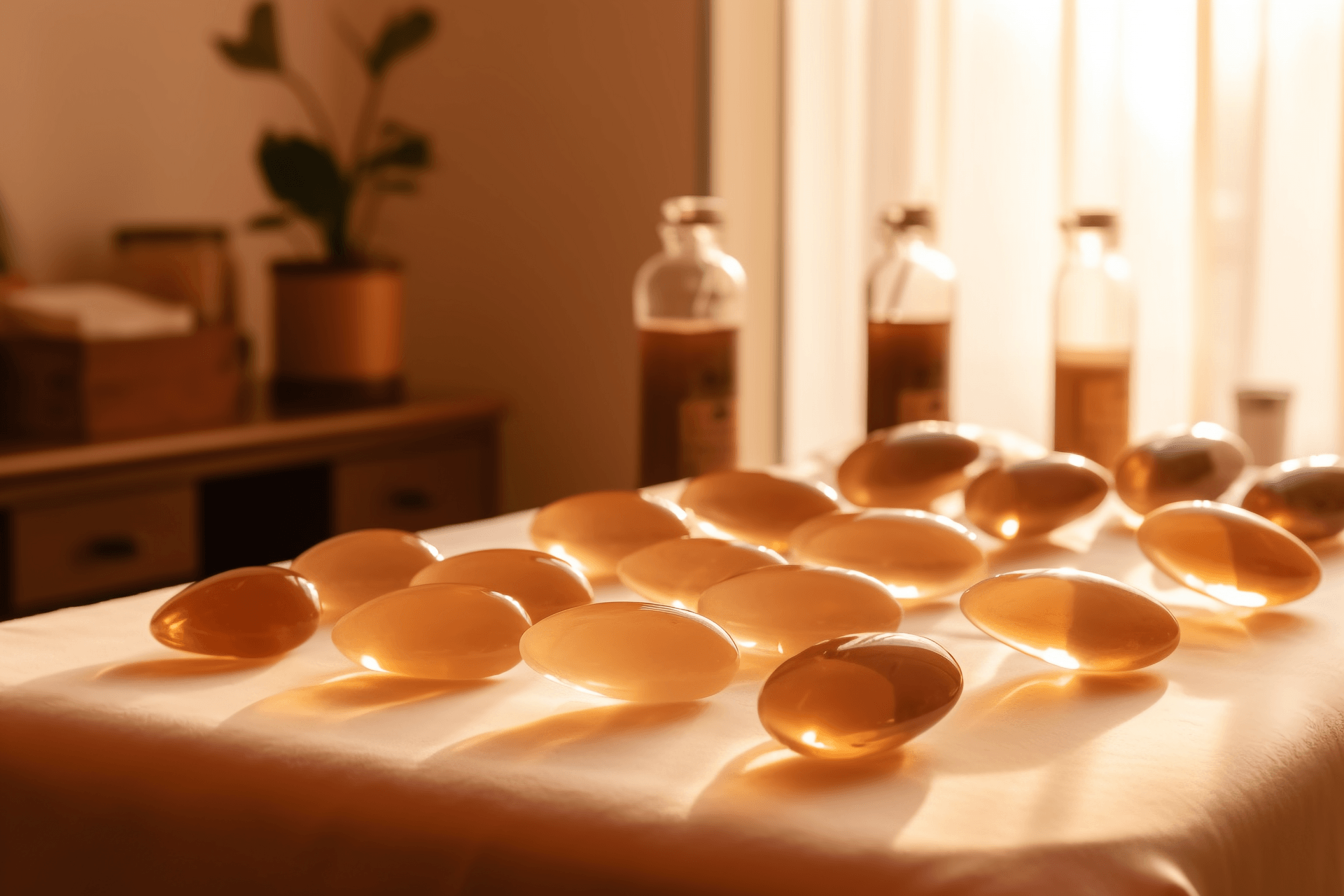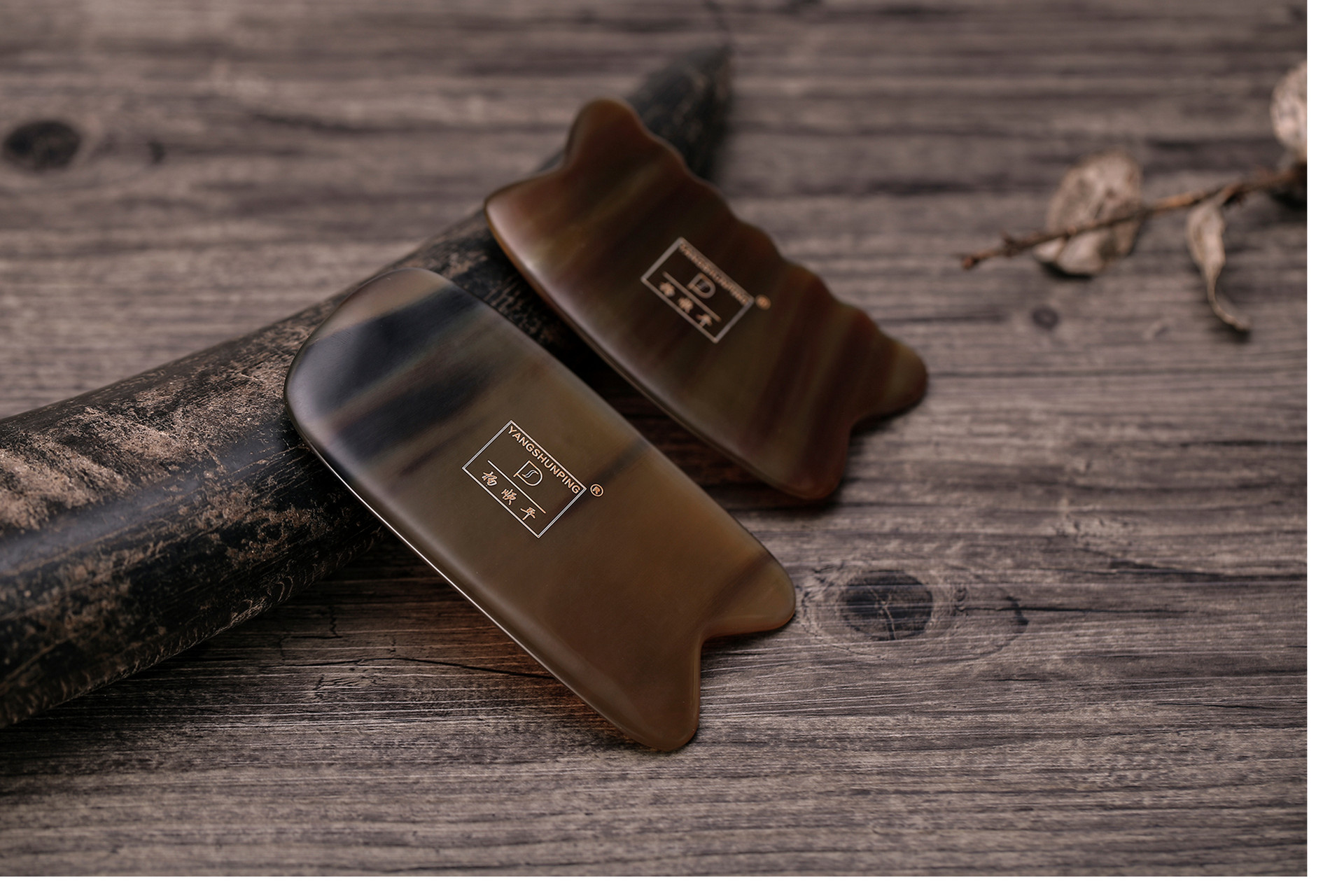Chinese medicine is vast and profound, and people have been accustomed to using Chinese medicine for diagnosis and treatment for a long time. In recent years, Chinese medicine has become even more popular. So, how much do you know about Chinese medicine health and wellness? How does Chinese medicine identify if you have a deficiency of qi and blood? How does Chinese medicine utilize gua sha for health and wellness? Read this article with me to explore these questions.
Table of Contents
1. How Chinese Medicine Identifies Qi and Blood Deficiency 2. Acupoints for Chinese Medicine Treatment
3. Techniques and Precautions for Moxibustion 4. Chinese Medicine and Gua Sha for Health and Wellness
5. The Beauty Effects of Meridian Health 6. Foot Massage Techniques
7. Massage Techniques for Weight Loss 8. Chinese Medicine Methods for Breast Enlargement
How Chinese Medicine Identifies Qi and Blood Deficiency
What is blood and qi deficiency? Chinese medicine believes it is a lack of blood and vital energy, with qi deficiency, qi stagnation, blood deficiency, blood stasis, and other branches. We can determine whether the blood and qi are sufficient through observation, and adjust them through diet, medication, and exercise.
Chinese Medicine Teaches You to Observe External Appearance to Understand Qi and Blood
Observing the skin: Pinkish-white, glossy, elastic skin without wrinkles or spots indicates sufficient qi and blood. On the contrary, rough, dull, dark, yellow, white, blue, or red skin with spots indicates poor physical condition and insufficient qi and blood.
Observing the hair: Jet-black, thick, and dense hair that is relatively soft and smooth represents sufficient qi and blood. Conversely, dry, brittle, easily falling out hair with yellow, white, or split ends indicates qi and blood deficiency.
Observing the eyes: Observing the color of the whites of the eyes, as the saying goes, "old people have yellow pearls." In fact, it refers to the cloudiness, yellowing, and presence of blood vessels in the whites of the eyes, indicating qi and blood deficiency. Eyes that can open wide at any time indicate sufficient qi and blood. Conversely, large eye bags, dry eyes, and heavy eyelids represent qi and blood deficiency.
Feeling the hands: If the hands are warm throughout the year, it indicates sufficient qi and blood. If the palms are hot, sweaty, or cold, it indicates qi and blood deficiency.
Observing the fingers: Observing the fingertips, flat and weak fingertips indicate qi and blood deficiency, while plump and elastic fingertips indicate sufficient qi and blood.
Observing the ears: Ears of people with sufficient qi and blood are slightly pink, glossy, without spots or wrinkles, and full. If the ears are dull, lack luster, have spots, and many wrinkles, it indicates qi and blood deficiency.
Observing the gums: Observing the gums, receding gums indicate qi and blood deficiency. If you notice that the gaps between teeth are getting bigger and food is easily stuck in them, you need to pay attention as your body is aging faster and declining.


